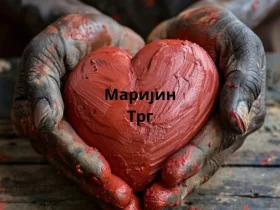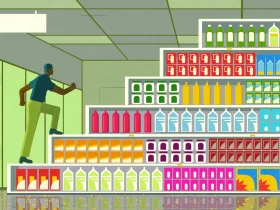Addiction is often referred to as a disease of isolation. As substance use progresses, individuals tend to withdraw from social circles, leading to increased loneliness and emotional pain. The cycle of addiction feeds off this isolation, as the lack of emotional support further entrenches the dependence on substances. Addiction treatment programs frequently stress the importance of building strong support networks to counter this isolation.
Support groups such as Alcoholics Anonymous (AA) provide not only practical strategies for maintaining sobriety but also emotional support from people who understand the struggles of addiction. This emotional connection can play a critical role in recovery, as it allows individuals to share their feelings, fears, and victories in a safe, non-judgmental environment.
Healing Emotional Well-being in Addiction Treatment
Addiction treatment should take a holistic approach that addresses both the physical and emotional aspects of recovery. Emotional healing begins with recognizing and acknowledging the emotional pain that may have contributed to addiction in the first place. Many people enter addiction treatment programs unaware of the extent of their emotional suffering, as substance use often numbs these feelings. Through therapy and counseling, individuals can begin to identify the emotional triggers that fuel their addiction.
In addiction treatment centers like the Malibu Beach House rehab center, emotional healing often begins with individual therapy sessions where clients explore their emotions, trauma, and mental health in a safe and supportive setting. This exploration helps them understand the root causes of their addiction and paves the way for emotional recovery. Group therapy also plays an important role, as it allows individuals to connect with others who have shared experiences, further promoting emotional healing.
The Importance of Self-Compassion in Recovery
Emotional well-being during addiction recovery depends heavily on self-compassion. Many people struggling with addiction harbor deep feelings of guilt and shame, believing that they are somehow weak or morally flawed for becoming addicted. However, addiction is a disease, and like any other disease, it requires treatment and care. In addiction treatment, individuals are encouraged to view themselves with kindness and compassion, recognizing that recovery is a journey, not a destination.
Practicing self-compassion can help individuals rebuild their emotional health, allowing them to forgive themselves for past mistakes and focus on the present. This shift in mindset is crucial for long-term recovery, as it empowers individuals to take control of their emotional well-being and prevent relapse.
Integrating Mindfulness and Emotional Regulation in Addiction Recovery
Mindfulness techniques have proven to be effective tools in helping individuals manage their emotions during addiction recovery. Techniques such as meditation, deep breathing, and mindfulness exercises help individuals stay grounded in the present moment, preventing emotional triggers from spiraling into cravings or relapse. Addiction treatment programs increasingly incorporate mindfulness as a core component of emotional recovery.
Addiction’s impact on emotional well-being is profound, often leaving individuals feeling disconnected, anxious, and trapped in a cycle of substance use. Effective addiction treatment must address these emotional wounds, offering a path to healing that goes beyond physical detoxification. Addiction treatment programs that integrate therapy, support groups, and mindfulness practices help individuals regain emotional stability and rebuild their lives.
Recovery is not only about breaking the physical bonds of addiction but also about nurturing emotional well-being to prevent relapse and live a fulfilling, sober life.
Stay Updated With Our Blog Discover Thrill To Get Daily Updates About Your Likely Topics Thanks!









Leave a Reply
View Comments